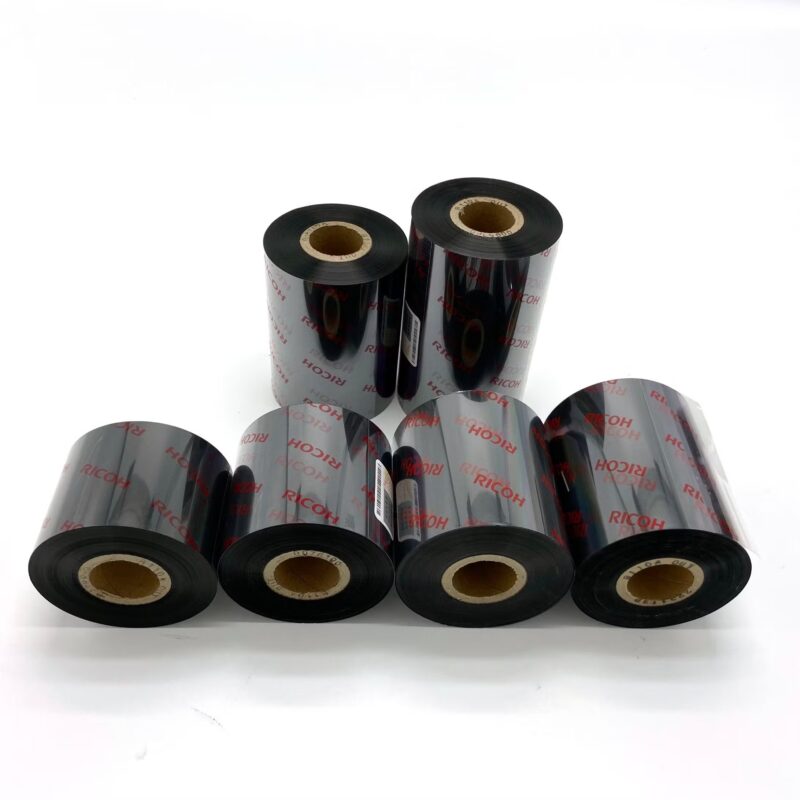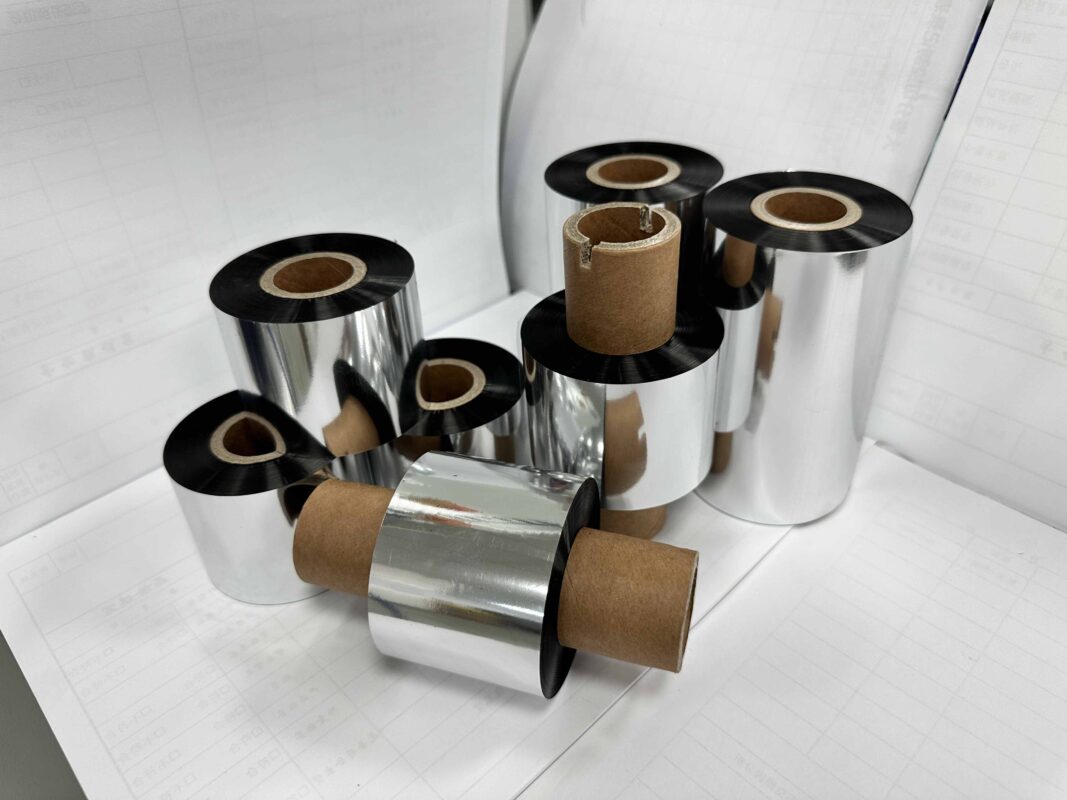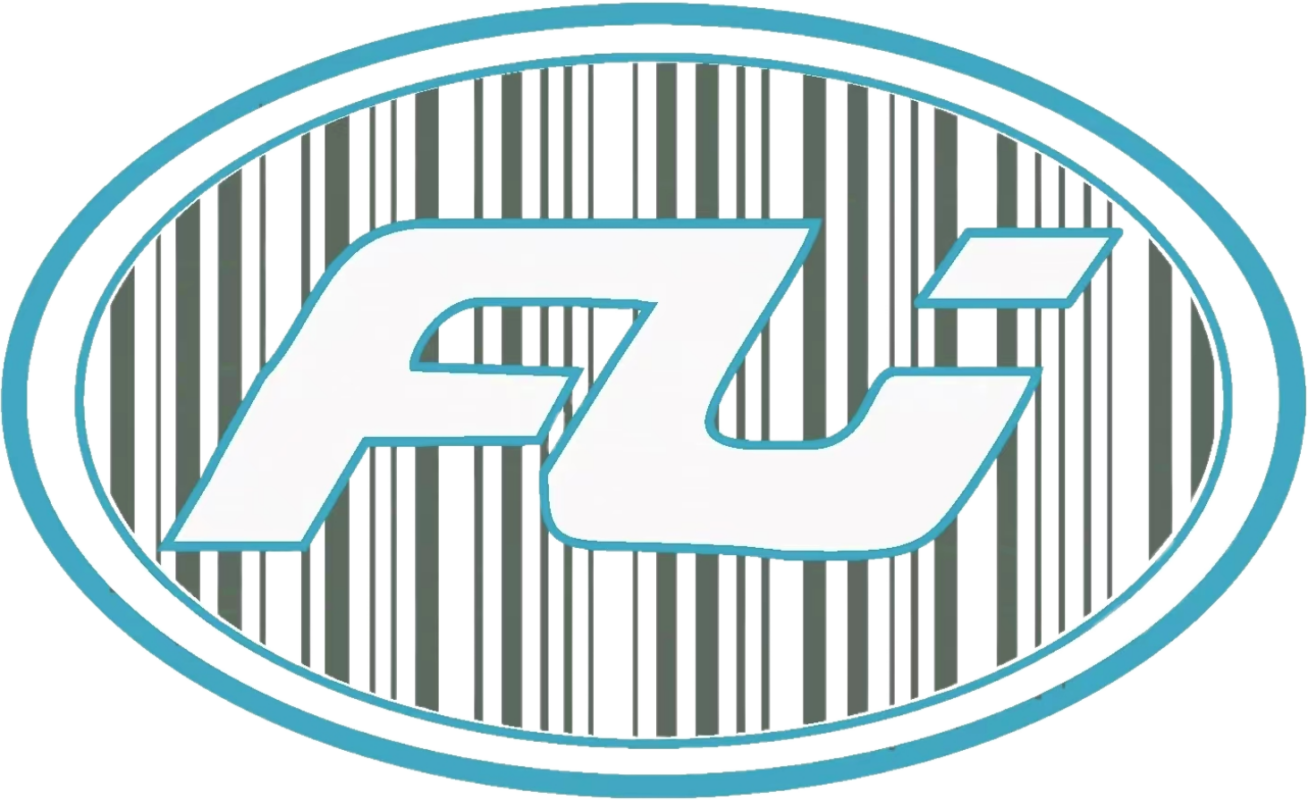Blog
Label Machine: Everything Distributors Need to Know Before Bulk Ordering
Labeling stands as an essential component of managing inventory operations and shipping logistics alongside maintaining brand integrity and meeting regulatory standards within the global supply chain. Label machines offer precise automation to enhance operational efficiency across logistics, manufacturing, healthcare, and retail sectors.
Distributors and procurement professionals must acquire extensive knowledge about machine types, technologies, and sourcing strategies to make appropriate label machine selections. This detailed guide provides all the necessary information you need before making a bulk purchase of label machines.
What is a Label Machine?
A label machine serves as an equipment that creates printed labels and applies them to different materials or surfaces. Label machines differ in their dimensions and their level of automation along with their printing technology capabilities. Certain label machines function in large-scale industrial settings while others come as handheld devices for mobile labeling needs.
Common Types of Label Machines
1. Handheld Label Machines
These devices offer battery operation and a compact design that makes them perfect for mobile labeling tasks in warehouses, retail locations and field service sites.
2. Desktop Label Machines
These machines effectively handle label printing tasks for offices and retail businesses requiring small to medium-sized production runs. Offers moderate speed and high print quality.
3. Industrial Label Machines
Industrial label machines enable automatic label printing and application with high precision and speed for large production runs.
4. Automatic Label Dispensers
This device peels labels from their backing to prepare them for manual application and functions effectively within semi-automated processes.
How Label Machines Work
The operation of label machines involves running label stock through either rolls or sheets which are printed using either a thermal or ink-based printing head. Automated systems use mechanical applicators to print labels and attach them to products or their packaging.
Printing Technologies
Direct Thermal Printing
Prints directly onto heat-sensitive label material. Ideal for short-term labeling.
Thermal Transfer Printing
A ribbon transfers ink onto the label surface which results in prints that withstand heat and moisture better.
Inkjet & Laser Printing
Color labels and high-resolution graphics benefit from this technology but it lacks cost-efficiency for industrial application.
Applications Across Industries
Label machines operate across multiple industries where each sector demands specific solutions.
1. Logistics and Warehousing
- Shipping labels
- Inventory control
- Bin and pallet labeling
2. Retail and Supermarkets
- Price tags
- Barcode labels
- Shelf signage
3. Healthcare
- Specimen labels
- Patient ID wristbands
- Medication tracking
4. Manufacturing
- Product identification
- Safety warnings
- Compliance and certification tags
5. Food and Beverage
- Expiry date and batch labeling
- Nutritional info
- Tamper-evident seals

Benefits for Distributors and Resellers
Versatility
Label machines range from handheld units to fast-paced applicators and provide solutions for multiple industry needs.
High ROI
The ability of label machines to minimize errors and reduce labor expenses while boosting productivity creates significant value for end users.
Consistent Demand
Labeling serves as an essential requirement in every industry which sustains high demand across various sectors.
Resale Potential
Label machines serve both small businesses and large enterprises since they are scalable products.
Features to Consider When Sourcing Label Machines
1. Print Speed
Production lines require high-speed units but retail or office environments can operate effectively with slower speeds.
2. Print Resolution
Label machines with 203 to 600 DPI resolution can produce barcodes and QR codes as well as detailed graphics.
3. Connectivity
When selecting a label machine, make sure it has USB, Bluetooth, Ethernet or Wi-Fi connectivity to integrate with your current systems.
4. Label Size Compatibility
The machine must handle multiple label widths and support various die cut methods along with different media types.
5. Automation Level
Manual, semi-automatic, and fully automatic machines each meet different operational requirements.
6. User Interface
The degree of ease of use depends on whether the machine includes touchscreens or onboard controls plus mobile app compatibility.
7. Build Quality
Equipment for industrial settings needs durable casings along with resistance to dust and vibration.
How to Select a Label Machine Supplier
Evaluate Manufacturing Capability
Choose suppliers with:
- In-house R&D and tooling
- Full production lines
- Strict QC and export experience
Customization Options
Look for support in:
- Firmware or language localization
- Private label branding
- Customized accessories or software
Compliance and Certification
Check if the machine complies with CE, FCC, RoHS, or ISO certifications necessary for your intended market.
Technical Support and Warranty
- Ensure clear documentation
- Access to updates or training
- Warranty options for repairs and parts
MOQ and Lead Time
- Ensure negotiation agreements synchronize with your sales cycle
- Ask about sample units before bulk orders

Why Work with FOYO?
FOYO became part of the FUYOU Group as a high-tech company specializing in thermal transfer ribbons, label production, and printing solutions since its establishment in 2009.
We Offer:
- OEM/ODM customization
- Bulk order fulfillment with competitive pricing
- High-speed manufacturing and QC processes
- Global export support
- Dedicated B2B service
Logistics companies alongside retailers and manufacturers together with system integrators use our label machines across the globe.
Conclusion
Modern operations depend heavily on label machines as essential equipment. The ability to understand all types of machines from handheld to fully automated models allows B2B buyers to serve client needs in different sectors. Sourcing label machines in bulk from FOYO allows buyers to benefit from high-quality products with custom solutions along with sustained support.
FAQ
Thermal label machines create labels through heat application without ink cartridges, whereas ink-based machines produce colored or high-quality images using liquid ink or toner.
Thermal label machines operate through heat application and do not need ink cartridges in contrast to ink-based machines which utilize liquid ink or toner to produce color or photo-quality results.
Is it possible to request label machines featuring custom branding?
FOYO provides comprehensive OEM/ODM services for both label machine hardware and software.
Are there label machines for small businesses?
Handheld and desktop label machines serve as excellent solutions for businesses with low-volume label printing requirements.
Industrial label machines have a normal lifespan of over 5 years when maintained properly in heavy-duty conditions.
Industrial units remain operational for more than five years in demanding conditions when they receive appropriate maintenance.
Can you provide sample orders before the bulk purchase?
We offer sample units for you to test and evaluate before committing to full production.
Contact Us
📩 sales@foyottr.com
📞 Tel: +86-592-6018320
🌐 https://foyottr.com/
Visit our Contact Page to get started or request a quote today.

